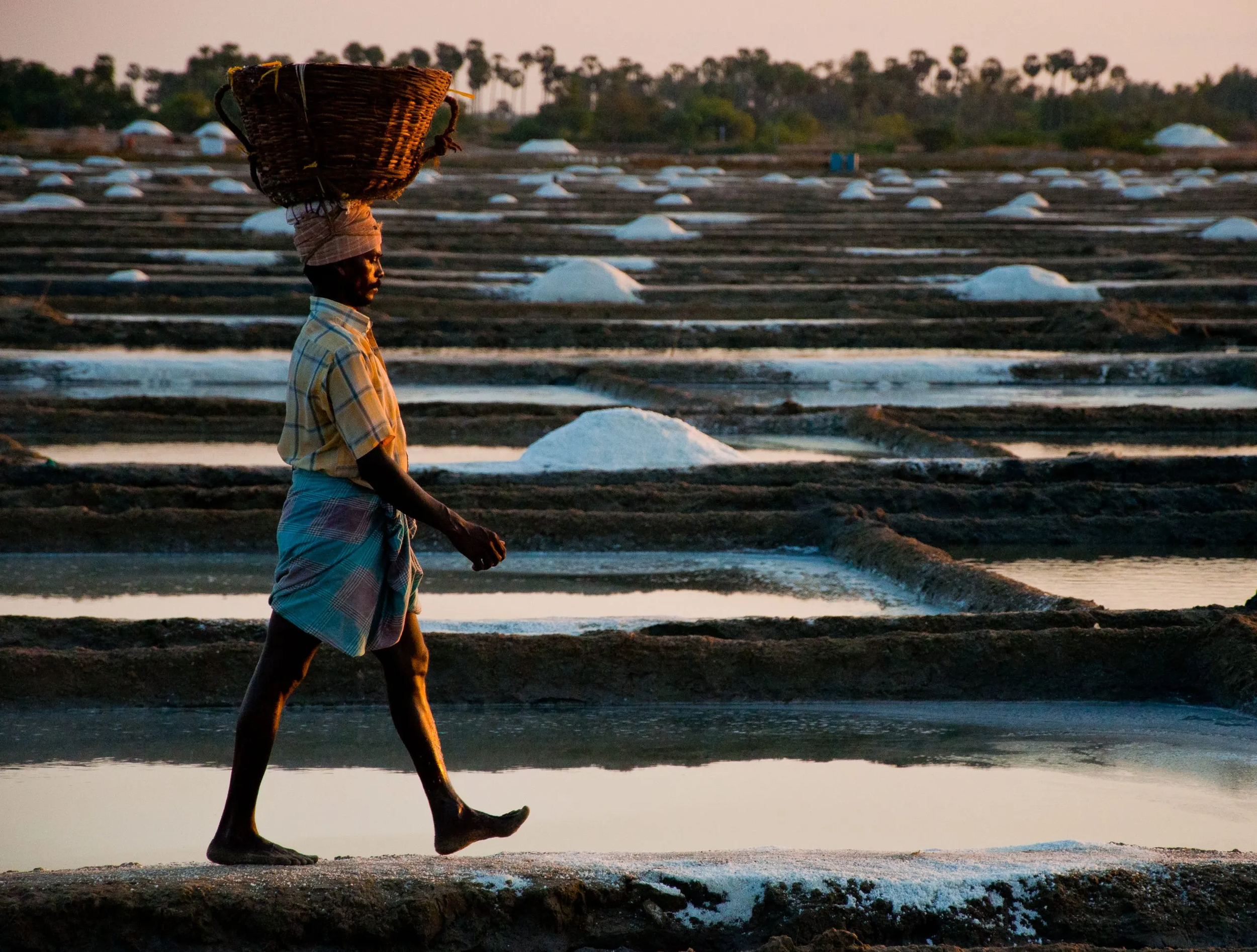Remembering Manjolai
On July 23, 1999, a march of Dalit (considered the lowest in the intensely oppressive caste system) tea plantation workers and their families ended in state-sanctioned murder. Over 2,000 workers from Manjolai estates in Tamil Nadu had come to Tirunelveli to protest low wages, abysmal working conditions, and the wrongful arrest of fellow workers who had themselves protested for better wages. The police replied with a lathi (baton) charge, driving the workers to the Tamirabarani River nearby. Horrifyingly, seventeen of the Dalit workers, none of them armed, were killed either by drowning in the river or crushed in the tumult. Among the dead were women and children.
Not a single officer was held criminally liable. A judicial commission headed by Justice Sampath ruled the deaths of the workers as “accidental drownings,” and the other workers have continued to work for ₹138 ($1.65 USD) per day. More than twenty-five years on, not a single perpetrator has been brought to justice. Tamil Nadu’s ruling parties, whether AIADMK or DMK, offered words but never justice. The plantation owners remain unchallenged. The police remain comfortable servants of capital. The workers remain exploited and without their loved ones. The lives of Dalit workers remain disposable in the eyes of the Indian state.
Capitalism is not colorblind, it seeks the cheapest price for labor power and will use lethal force to ensure the cheap supply of that commodity. The caste system allows Indian capital a social means by which to guarantee an even lower price on labor, as lower caste people, and especially Dalits, are confined to the lowest rungs of society, forced to sell their labor power on the market for barely dollars a day. The Dalits of Manjolai dared to fight for better conditions and were met with the bloody hand of capital.
The capitalist order, draped in saffron or suited in corporate gray, thrives on the oppression of people. In India, the caste system proves immensely useful for capital. In the United States, migrant workers, Black workers, and other minorities understand this foul deal all too well. Migrant workers are kept in eternal precarity by their immigration status, forced to accept harsh conditions and impossibly low wages. Black workers cleaning offices in cities they cannot afford to live in anymore, Dalit workers plucking tea leaves in Tamil Nadu in walking distance of a massacre site; the working class around the world is united in by its relationship to capital. The struggle is the same.
Those who isolate the struggle against caste and race-based oppression from the struggle against capitalism itself serve only to weaken our fight. The caste system is much more than a cultural residue, it is a load-bearing element of the machinery of capitalist class domination in India. Just as Jim Crow served US capital in hyper-exploiting the working class and dividing them amongst themselves, so too does caste deepen the exploitation and division of the Indian working class.
Remembering Manjolai, and the million acts of violence against our class, we proclaim: we will not forget, we will not forgive, and we will not stop until the world belongs to the workers who make it!

